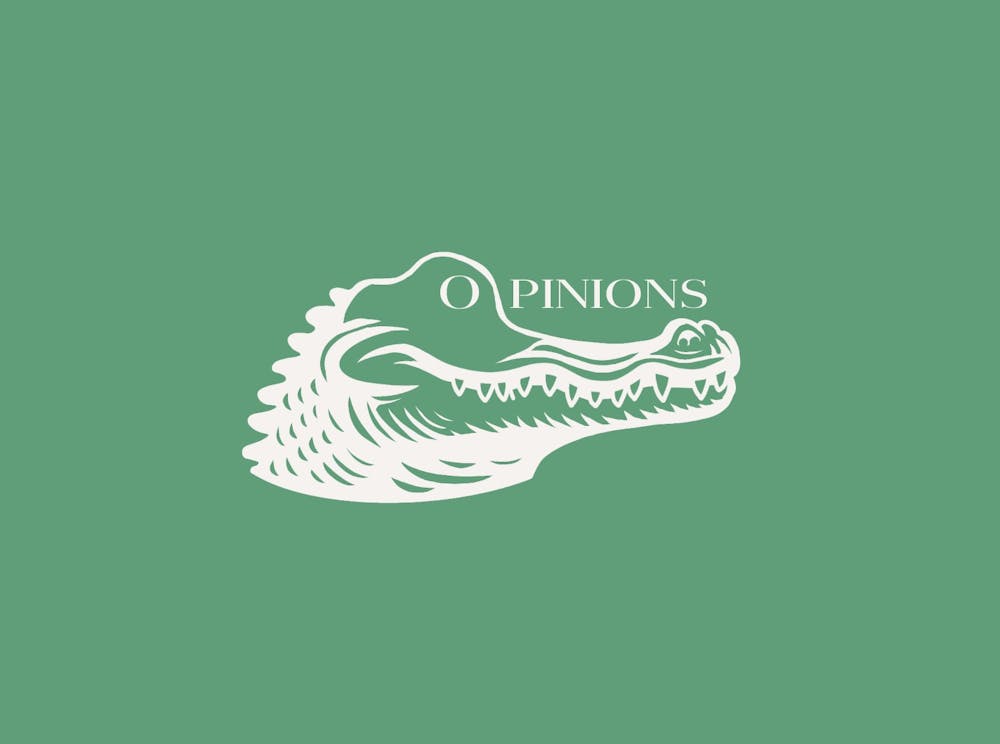After a tumultuous election, Donald Trump solidified his position as the next president of the United States during his inauguration Jan. 20. However, instead of being focused on Trump’s image, worldwide viewers looked in shock and confusion at the other man standing at the podium, doing what appeared to be a Nazi salute.
The smiling face behind the gesture was Elon Musk, and his presence at Trump's inauguration and the election as a whole created a disturbing pattern for the foreseeable future of politics.
Musk’s political involvement started when he bought Twitter, now known as X. Initially, he was just a supporter of the Republican ideologies and politicians on the app. This evolved quite quickly when he became involved with Trump’s campaign for president.
But corporate influence in politics is nothing new.
According to NBC News, in 2012, Lloyd Blankfein, CEO of Goldman Sachs, donated about $4 million to the political campaign of the time, specifically supporting former Republican Senator Mitt Romney. The mindset for such CEOs is that if they support the winning candidate, their company will be shown favor when it comes time to pass legislation affecting their business areas later down the line. Yet one fundamental thing has changed between 2012 and today.
The CEOs weren’t political mascots.
Musk has always been a very vocal businessman, curating a personal brand alongside his financial one as the CEO of Tesla. Where other business leaders made their marks in private company meetings, Musk made himself known to the world — becoming a media personality with a large following. This only increased with his acquisition of X in 2022, where he painstakingly talked about every decision he made and thought about.
For example, on Feb. 3, 2023, he tweeted “Starting today, Twitter will share ad revenue with creators for ads that appear in their reply threads”.
With his political streak on X, it was no surprise that Musk’s pockets backed the Republican Party in the 2025 election.
Musk funded the election through a Political Action Committee, which is a political committee through which an individual can raise funds to help a political candidate. Through his own PAC, Musk donated $239 million to Trump’s campaign, as reported by CBS News. His involvement also came with the added “benefit” of his presence in almost everything Trump did.
If he posted something on X, Musk was the first to respond.
Musk attended a variety of rallies for Trump throughout his campaign, his face beaming underneath a red symbol of his newfound affiliation. While other CEOs silently supported their preferred candidate with behind-the-scenes donations, Musk made sure that people openly associated him with Trump.
This culminated in his actions at the inauguration, when he took the stage and performed what seemed to many viewers as an alleged Nazi salute. His monstrous ego after months of feeding off the spotlight of the more prominent Donald Trump lulled him into a fantasy where acting like that was not only appropriate but something to be celebrated.
Some defended Musk’s behavior with the claim that it was a Roman salute.
Regardless of whether or not this is the case, Musk is not an uneducated person completely unaware of what a Nazi salute looks like. He must have understood what it was going to look like, so either Musk knowingly did a salute reminiscent of hate rhetoric or he genuinely saw no problem with his actions.
You can decide which one is worse.
To have a corporate figure act with blatant disregard for the consequences of his actions on live television during the inauguration of the president, an event meant to set the precedent for the next four years, is embarrassing and worrying as he is the government efficiency lead in Trump’s cabinet, meaning he will be involved with the legislative process.
This trend creates a worrying trajectory for the future of our politics where individual interests, not corporate ones, can permeate into such high-level areas. No longer is the rich CEO investing in a candidate for the legislative benefits; their actions are now guided by the prospects of sitting next to the president and being in his close circle.
The total lack of any pretense that Musk’s agenda is for anyone but him and his followers is also a point of concern. To openly present yourself as only oriented toward those who stand behind you, while turning away from those who may think differently, goes completely beyond the idea of the two-party system.
We are not seeing Elon Musk, the CEO of Tesla; this is Elon Musk, the political personality.
By rewarding his actions, we as Americans open the door for a political system where having wealth means you will be free to play and frolic around the White House, influencing policies as they interest you.
Qualifications? Doesn’t matter. Were they elected by the people? Didn’t need to be.
The average voter will no longer be represented by their government. Those in charge are no longer interested in their voices because the people at the top all eat from the same bowl. The longer we let someone like this prance around our institutions, the more susceptible we are to societal strain.
Now more than ever it is important to express our individuality and our beliefs. The average person’s voice has to matter, even in the face of a loud demagogue.
We have to make it matter.
Andres Arguello is a UF psychology junior






